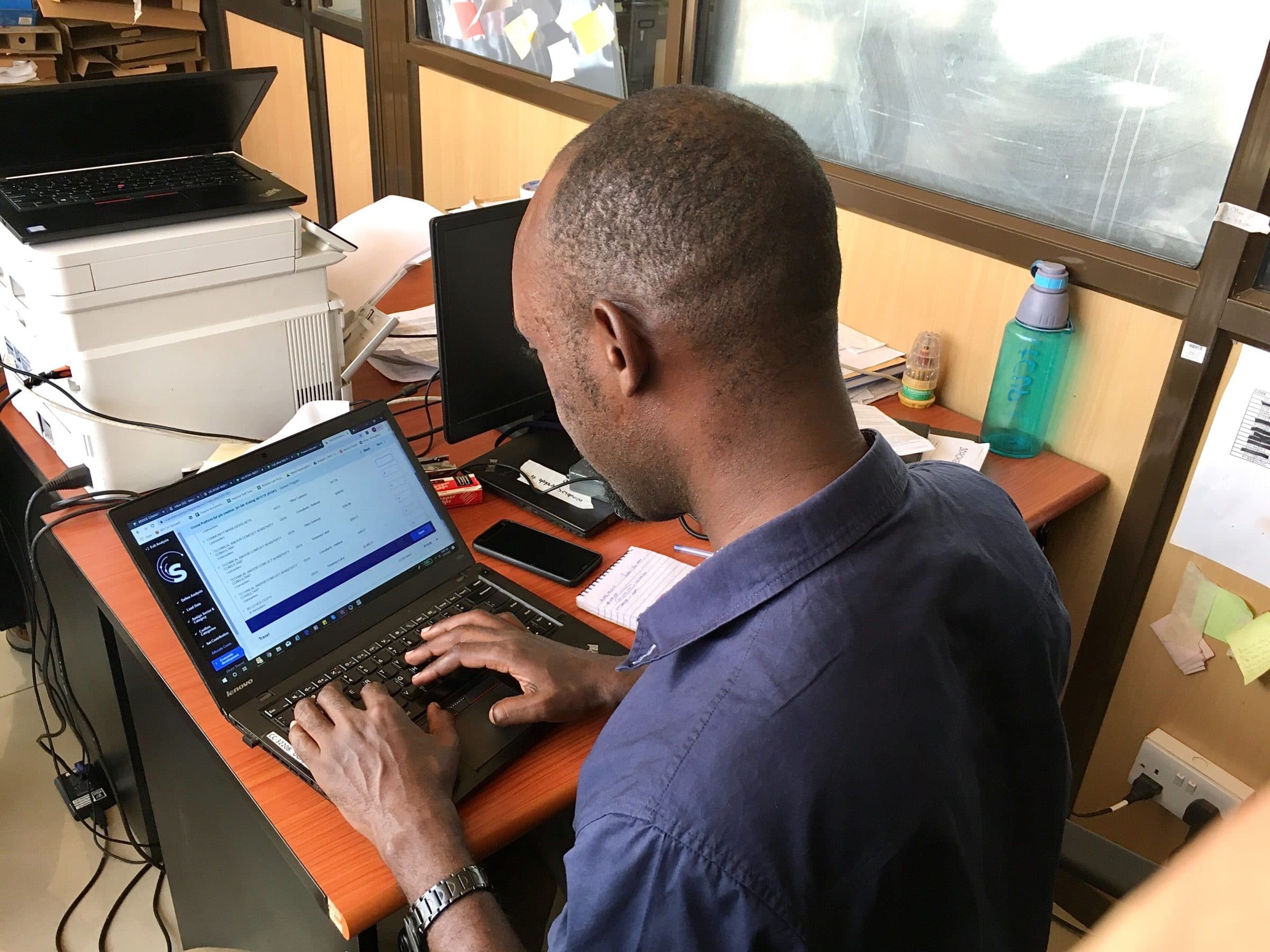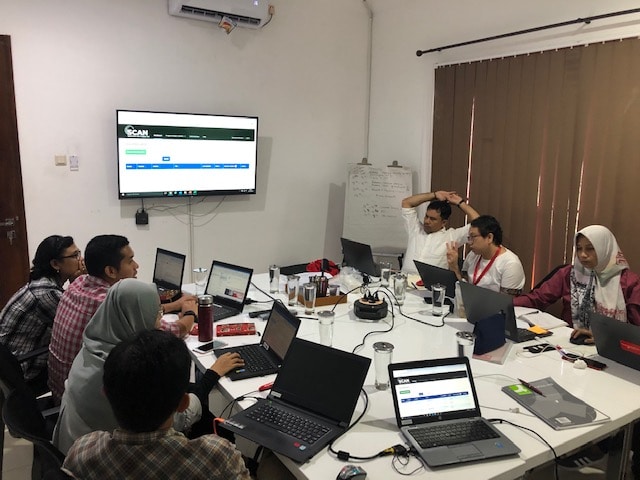Due to the big gap between humanitarian needs and available funding it is crucial that funding is directed towards interventions that have the biggest impact on the most people per euro spent. Unfortunately, there is very limited evidence on which approaches provide the most Value for Money, because existing methods used to estimate cost-efficiency and cost-effectiveness are not consistent across programs or organizations—this produces data that cannot be meaningfully compared to inform action.
The Dioptra tool was developed to conduct cost-efficiency analysis consistently across programs and organizations. It automatically uses available data from organizations’ finance systems, reducing the time to conduct an analysis from several days to a few hours. It is designed to be interoperable with any organization’s finance system while ensuring full data security and control.
To date, Dioptra has been successfully piloted in 10 projects within 8 countries. This analysis approach has been adopted by the Grand Bargain cash workstream as the ‘official’ way of analyzing program cost-efficiency. We have also established a Donor Advisory Group in which the Netherlands Ministry of Foreign Affairs is participating in order to maximize the utility of data being produced, while minimizing the reporting burden and risk to individual organizations.


Save the Children
Laan van Nieuw Oost-Indië 131-k
2593 BM Den Haag
The Netherlands
Chair organisation: ZOA
E: office@dutchrelief.org